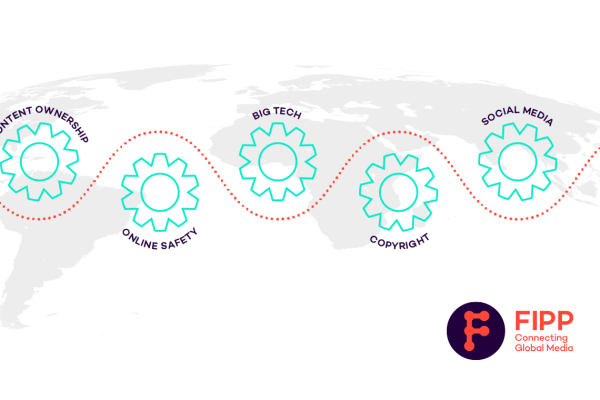Global Media Tech Regulation Tracker – March 2024
Welcome to the FIPP Global Media Tech Regulation Tracker! This live doc is updated monthly, bringing you the latest policy, regulatory, and legal updates from around the media tech world.
This month; how the Australian government might respond to Meta’s U-turn on publisher payments, the ongoing battles in US state legislatures over social media and the legal response to generative AI
INTERNATIONAL
Feb 9th: Law firm Freeths has a blog post that focuses on Generative AI and how intellectual property law is addressing challenges presented by its widespread use.








